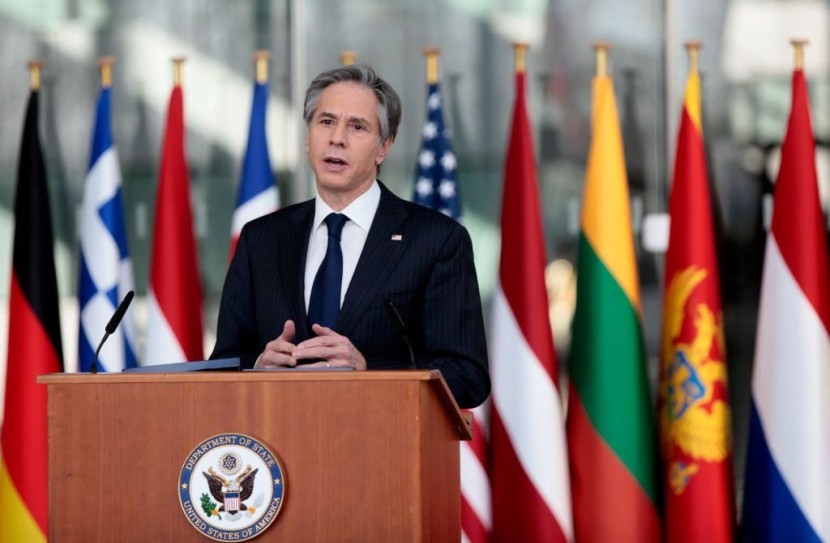
The Biden administration has taken measures to facilitate the release of five detained Americans in Iran.
This action is part of a more extensive agreement that includes transferring $6 billion in frozen Iranian assets from South Korea to Qatar without concern of US retaliation.
Detained Americans to Return in Historic US-Iran Agreement
As part of the agreement, the Biden administration has pledged to release five Iranian nationals detained in the United States, although their identities remain confidential. The deal was approved by Secretary of State Antony Blinken late last week, following a month-long announcement of an agreement in principle between US and Iranian officials, according to VOA News.
According to a notification by The Associated Press, the decision to grant the waivers was only disclosed to Congress on Monday. The notification is the first official confirmation that five Iranian prisoners will be released as part of the agreement.
While the fundamental framework of the deal had been previously outlined, and the sanctions waivers were widely anticipated, the notification is the first official confirmation that five Iranian prisoners will be released as part of the agreement.
At a time when Iran is viewed as a growing threat to US troops and allies in the Middle East, the announcement of the sanctions waiver is likely to elicit criticism from Republicans and others who argue that the agreement could boost the Iranian economy.
Per Fox News, the essence of the waiver lies in its assurance to European, Middle Eastern, and Asian institutions that they will not face US sanctions when facilitating the conversion of frozen Iranian funds in South Korea and their transfer to Qatar's central bank.
These $6 billion effective transfer was crucial to the prisoner release agreement. It resulted in the transfer of four of the five American detainees from Iranian prisons to house detention last month, while the fifth was already under house arrest.
Numerous US sanctions geared at foreign banks involved in transactions that benefit Iran had dissuaded several European nations from participating in the transfer, as per The Strait Times.
The waiver proposed by Blinken seeks to alleviate these concerns and eliminate the possibility of US sanctions. According to those familiar with the negotiations, the detainees could be released early next week.
Among the American prisoners involved in this deal are Siamak Namazi, who was arrested in 2015 and later sentenced to 10 years in prison on widely criticized spying charges; Emad Sharghi, a venture capitalist sentenced to 10 years; and Morad Tahbaz, a British-American conservationist of Iranian descent who was arrested in 2018 and also received a 10-year sentence. The identities of the fourth and fifth inmates are still unknown.
Secretary Blinken Announces the Deal
Secretary Blinken issued a statement regarding the administration's commitment to the prisoner release and funds transfer: "To facilitate their release, the United States has committed to release five Iranian nationals currently detained in the United States and to permit the transfer of approximately $6 billion in restricted Iranian funds held in (South Korea) to restricted accounts in Qatar, where the funds will be available only for humanitarian trade."
The sanctions exemption applies to financial institutions in South Korea, Germany, Ireland, Qatar, and Switzerland, among others. Blinken's statement elucidated the waivers' applicability to transactions involving previously sanctioned entities, such as the National Iranian Oil Company and the Central Bank of Iran.
Following US government directives, these exemptions permit the transmission of funds from South Korea to Switzerland, Germany, and Qatar for humanitarian transactions. Significant progress has been made in US-Iran relations, and ongoing efforts to secure the release of detained individuals resulted from this development.
However, it also raises concerns about the potential impact on national security and US interests in the Middle East, leading to debates and discussions about the administration's strategy for diplomatic negotiations with Iran.
© 2026 HNGN, All rights reserved. Do not reproduce without permission.








